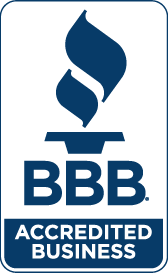Zombie Mortgages

Although the recession of the late 2000s is long over, the effects continue to be a problem for some homeowners who purchased a home or refinanced during that time. Many of us remember the confusion and uncertainty that resulted from the failure of bank after bank, as mortgages changed hands like the proverbial hot potato.
The term “zombie mortgage” has recently gained notoriety as long-silent mortgage servicers have surfaced to attempt to collect old (or even ancient) second mortgages, many of which date back to the recession of the late 2000s. With many of the thousands of these zombie mortgages, borrowers have not received statements or any correspondence for years during which time interest has continued to accrue. A second mortgage that may have been $25,000 in 2009 might have a balance two or three times that amount some 15 years later in 2024, and where residential properties may have had little to no equity in the 2000s or early 2010s, those same properties have increased significantly in value – the perfect scenario for a second mortgage holder to foreclose.
If this sounds unfair or even illegal, it might be.
The Massachusetts Attorney General recently announced an unprecedented settlement with a mortgage servicer that was attempting to collect loans secured by zombie mortgages. The Attorney General alleged that the servicer, Franklin Credit Management Corporation, had failed to comply with numerous state and federal mortgage and debt collection regulations, all in violation of the Massachusetts Consumer Protection Act (G.L. c. 93A). According to the filings, Franklin Credit is prohibited from collecting anything from the 518 accounts that it was servicing (totaling roughly $10,000,000) and is further prohibited from transferring or selling the loans. In short, the loans are uncollectable and the mortgages will be discharged.
This is promising news for others who may be experiencing something similar. Although this is still very much a developing area, there may be options available to attempt to address a zombie mortgage or a threatened foreclosure. If you are one of the thousands of borrowers who have been affected, contact us to discuss those options.





